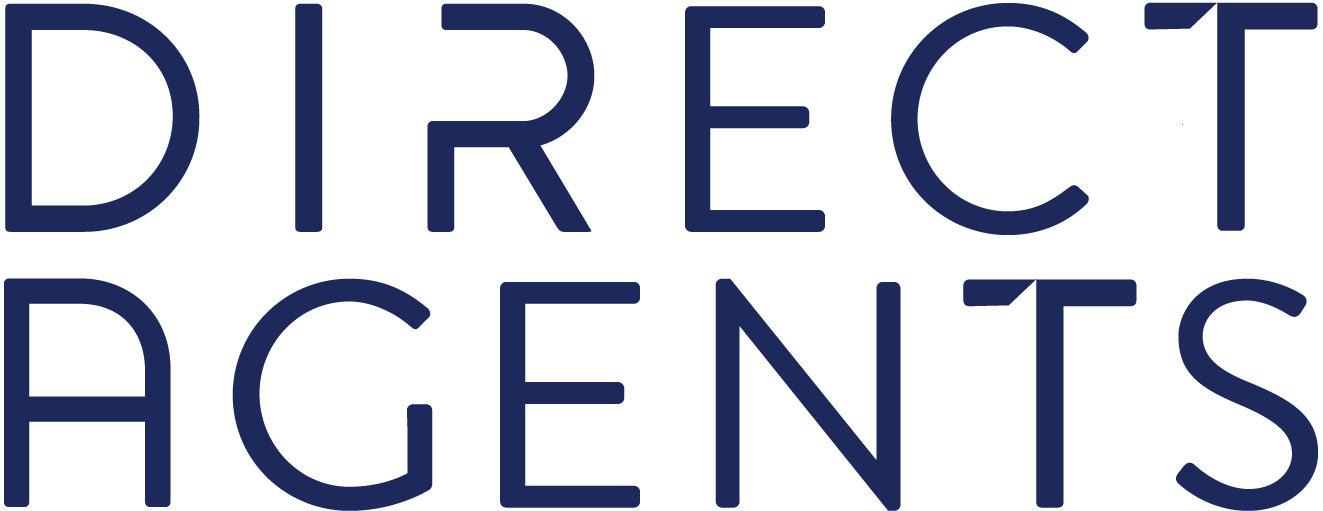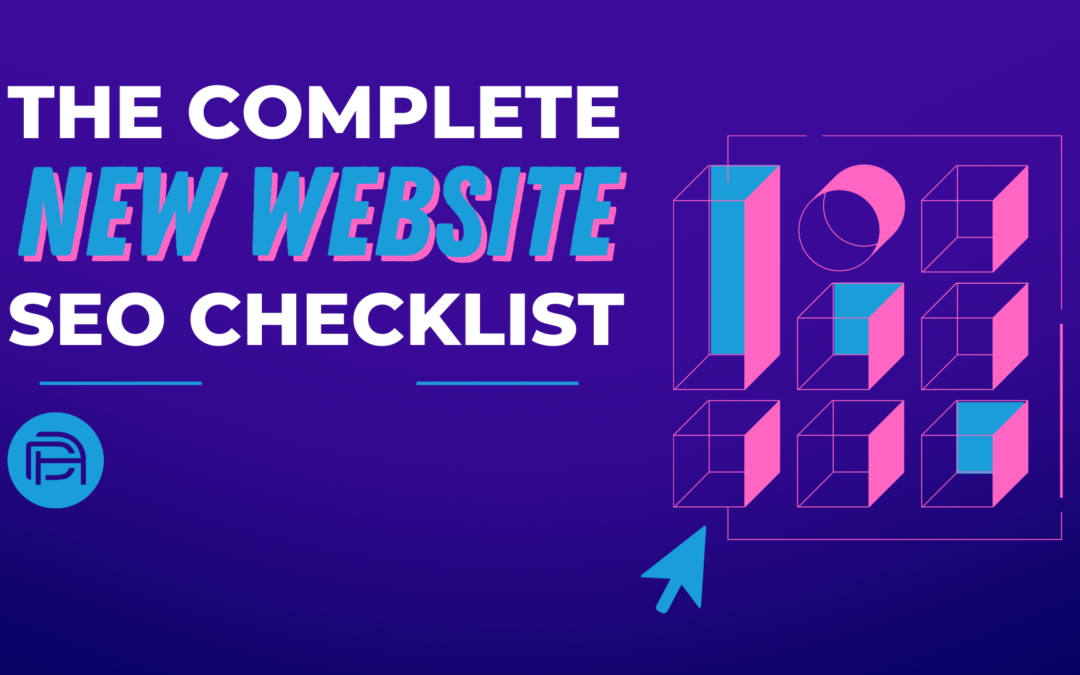Enter search engine optimization (SEO). Amidst ever-shifting deadlines, benchmarks and launch dates, the goal of this team is to ensure organic traffic targets are met and to put the launch in the best possible position to rank highly on results pages and comply with Google best practices.
The good news is that the inherent risks of launching a new site can be reduced with early planning. Doing the necessary legwork now can spare you the post-launch fear of losing a sizable portion of your organic traffic. But, this will require the development and SEO teams to work together closely to create an airtight plan prior to a new version of the site going live.
If you find yourself in this process, here’s our SEO checklist for a new website launch.
Technical SEO Checklist for a New Website
The technical foundations of a site serve as its building blocks and are some of the most important elements developers and SEO specialists will take their time perfecting before going live. Some of the checklist items listed here, like site structure, can be significantly harder to improve once the site is live, so it definitely pays off to get these in a good position sooner rather than later.
Site Structure – The URL structure you choose should be logical and readable by Google, in order to allow your site to be crawled. The structure of a website will be used by search engine ranking spiders to comprehend what material is important, decide ranks, and assist with page discovery and indexing. From a user experience perspective, no page should be too many clicks away from the homepage, and a navigation bar should be easily accessible and link out to any main page a user might be looking for. Keep in mind the long term plans of your site and prepare a structure that allows for easy growth or additional categories down the line.
URL Structure – As you map out your site, don’t forget to ensure that URLs are static, clear and concise. Both search engines and users prefer URLs that give context to a page’s content over ones that consist of randomized identifiers. These descriptive URLs will improve your click-through-rate and like the structure of the site itself, should be built with an eye towards the future and additional pages you eventually plan on publishing.
Robots.txt – This file is where you may list out which pages you don’t want users to find through search, making it one of the first stops for any crawler or bot. Most sites will have sections like admin or development pages or shopping carts that Google does not need to crawl. And even if you want crawlers on every single page, it’s still best practice to communicate this with a robots.txt file.
XML Sitemap – In contrast to the robots.txt file, the XML sitemap is a comprehensive document of all the pages on your site you do want Google to crawl and index. This can improve the efficiency of site crawls and guarantee that the most crucial pages are consistent. Most content management systems (CMS) will automatically generate a sitemap for you but you can also easily create your own at xml-sitemaps.com. XML sitemaps should be submitted to Google Search Console, which we discuss in greater detail below.
Site Speed – Page speed is an increasingly important ranking factor, according to Google. Be aware of elements that commonly cause slowdowns, like large images and the overuse of javascript. Google Pagespeed Insights is the best way to benchmark your speed performance across desktop and mobile browsers, and provides detailed suggestions for adjusting elements that can lead to an improved speed score.
Site Accessibility – Yet another ranking factor for search engines is that your site is accessible to all audiences, devices and browsers. Perhaps even more importantly, adding alt text descriptions to all media files, html tags to all descriptive forms and descriptive anchor text to all hyperlinks are requirements to remain in compliance with the American with Disabilities Act (ADA). Don’t forget these vital steps when building your website.
Tracking, Analytics and other Services
SEO teams and web developers should work together to set up tracking for a new website launch. The tools needed here will depend on the type of site and date you want to collect. Common set up tools you might consider include:
-
- Google Analytics – The primary provider for tracking and reporting website traffic and metrics like session duration, bounce rate and conversions of all kinds.
- Google Search Console – This free service is your destination for monitoring your site’s organic search performance as well as request indexing of updated and new pages.
- SEO and Keyword Tracker – Tools in this space, like SEMRush and Ahrefs are necessary to track your keyword rankings, identify competitive opportunities, understand your backlink profile, and much more.
- Brand Alerts – A free service like Google Alerts or one of its paid competitors is a powerful way to monitor conversations revolving around your brand that are taking place online and can help you proactively tackle any potential PR missteps.
- Social Profiles – Before launching your site, be sure to snag any social handles you want across Facebook, Instagram, Twitter, LinkedIn, TikTok, Youtube and Pinterest. Even if you don’t have the interest or capacity to be active across each of these platforms, it’s best to own each of them for brand safety and because you never know what marketing channels you’ll utilize in the future!
SEO Keyword Strategy for a New Website
The majority of marketers and companies are aware of how crucial keywords are to SEO strategy. However, it’s widely believed that keyword-based SEO should only be done after your content has gone live. A better approach is to concentrate on SEO before launching your website and create your content from the ground up with a search audience appropriate to your business in mind.
This is why conducting keyword research is such a crucial part of the SEO checklist for new website launches. By performing keyword research in advance, businesses can develop content on their websites that is both aimed at being useful to their target audience and ranking for relevant queries on search engine results pages. Additionally, keyword research enables businesses to segment their content based on keyword intent and amount of competition.
A great strategy to utilize here is the creation of a keyword map. Identify the target and supporting keywords that you wish to use and “map” or assign them to each specific page on the site. This will serve as the foundation for on–page SEO content and optimization and prevent overlap targeting across URLs.
On-Page SEO and Content Strategy for a New Website Launch
While the technical elements we’ve discussed thus far might seem like all you need to get a site up and running, without on page SEO work, you’ll struggle to see organic search traffic or site visits. From an SEO content perspective, keep an eye on each of these prior to launching your site.
Title Tags – Every single page on your site needs its own unique title tag. Title tags are ranking descriptions, so you can get a jump on building traffic by creating unique, descriptive and keyword-rich tags in advance of launch. Google normally shows the first 50 to 70 characters of a title, so being clear and concise is key.
Meta Descriptions – Just like titles, unique meta descriptions are a necessity for each and every indexed page on your site. Given their prominence on search result pages, this is your chance at attracting more eyes to your page and improving click-through-rates. Meta descriptions should be around 160 characters.
Internal Linking – Be sure to provide links to other resources, pages, or information throughout your website when you publish or post content (especially blogs), since this will help readers navigate your website and boost your authority. Don’t forget to use optimized anchor text in your link at all times.
Internal Navigation – How easy is it for users to find the content they’re actually looking for on your site? Think through your user journey and include critically important pages as a prominent part of your site navigation. Also include contextual and navigational links throughout your content.
Content Publishing Strategy – Sure, you’ve got all the main pages and maybe even a few blog posts ready-to-go but, how will your site grow and maintain relevance in the coming days, weeks and months? Develop a content publishing calendar by researching keywords around your target market before going live so you never hit that dreaded content wall. The more your content ranks in SERPs, the more authority and search traffic you’ll see.
Creating a Lasting SEO Strategy for Your Site
Any SEO professional will tell you that optimizing for search engines is truly a long game and one that can take several weeks or months to bear results.
That being said, the best way for a business to set themselves up for long-term success is to prioritize these SEO checklist items before launching, or even just redeveloping a website.
The technical and on-page elements outlined here require regular maintenance and need to be updated in accordance with Google’s regular algorithm shifts and in order to maintain and grow rankings on search engine results pages.
If you’re facing SEO challenges related to your website’s launch, we’d love to see how we can help you! Direct Agents offers full service Enterprise SEO capabilities across sites and apps, content marketing, conversion rate optimization, major online marketplaces and more.
Whatever the state of your website launch, we’re ready to handle it and optimize your site’s organic growth. Contact us today to learn more about our services.



